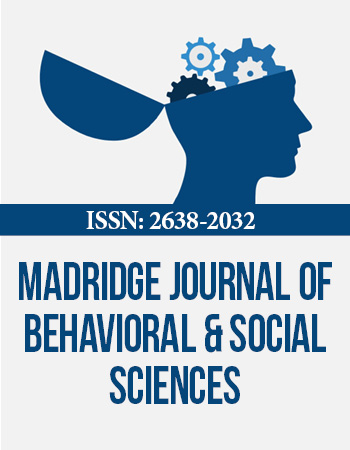International Conference on Alzheimerʼs Disease & Associated Disorders
May 7-9, 2018 Rome, Italy
Multifaceted Properties of Human Serum Albuminas a Potential Therapeutic Approach to Treat Alzheimerʼs Disease
Tel Aviv University, Israel
Alzheimerʼs disease is neurodegenerative disorder involving many related and interdependent pathologies that manifests simultaneously.
No treatment is currently available; however, an agent addressing several key pathologies simultaneously has a better therapeutic potential. Human serum albumin (HSA) is a highly versatile protein, harboring multifunctional properties that are relevant to key pathologies. HSA decreased with aging and is associated with cognitive impairment in the elderly, further implicating its involvement in AD. HSA affect AD pathologies from several different aspects such as antioxidant activity, detoxification, anti-inflammatory properties, reduce BBB permeability and promote neuronal survival. All of these properties have significance in relation to AD pathology especially it interacts directly with amyloid beta peptide (Aβ), one of the hallmark pathologies in AD. HSA and Aβ interaction in vitro, show that HSA can reduce oligomeric Aβ and induced cellular stress in vitro due to direct binding to Aβ rather than other properties of HSA.
In vivo, we treat the mice with pumps infusing HSA intracerebroventricularly (ICV), in an AD 3xTg mice model. A significant effect on amyloid-β (Aβ) pathology was observed. Aβ1-42, soluble oligomers, and total plaque area were reduced as well as total and hyperphosphorylated tau. HSA treatment also reduced brain inflammation, affecting both astrocytes and microglia markers. Finally, evidence for blood-brain barrier and myelin integrity repair was observed. The work presented here shedding light over the mechanism of HSA and Aβ interaction and demonstrate that ICV administration of HSA is a potential therapeutic approach with multifaceted beneficial effects to treat AD
Biography:
Professor Beka Solomon earned her Ph.D. in 1976 from the Weizmann Institute of Science, Rehovoth, Israel. She joined Tel-Aviv University in 1979 following post-doctoral studies and training periods at Harvard Medical School and Brigham and Womenʼs Hospital, Boston, USA. She is a member of the editorial board of Drugs of Today, Recent Patents on CNS Drug Discovery, of Neurodegenerative Diseases and Journal of Alzheimerʼs Disease. She was awarded the prestigious Zenith Award of the Alzheimer Association, and received the Dana Foundation Award for Neuroimmunology. In 2007 she was included in Scientific Americanʼs List of 50 of the Worldʼs Leading Innovators.


